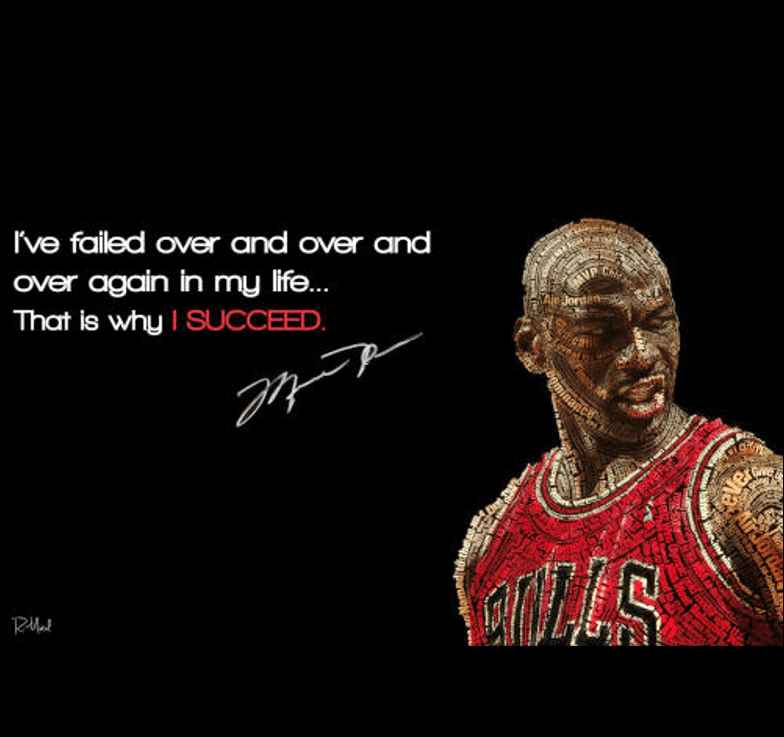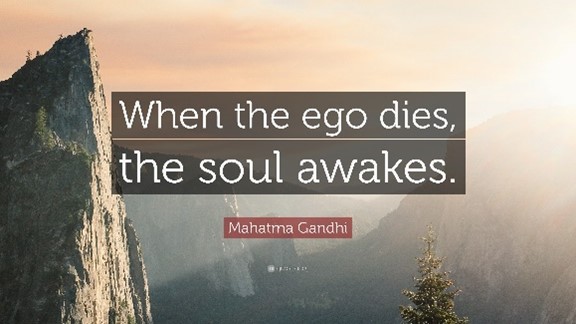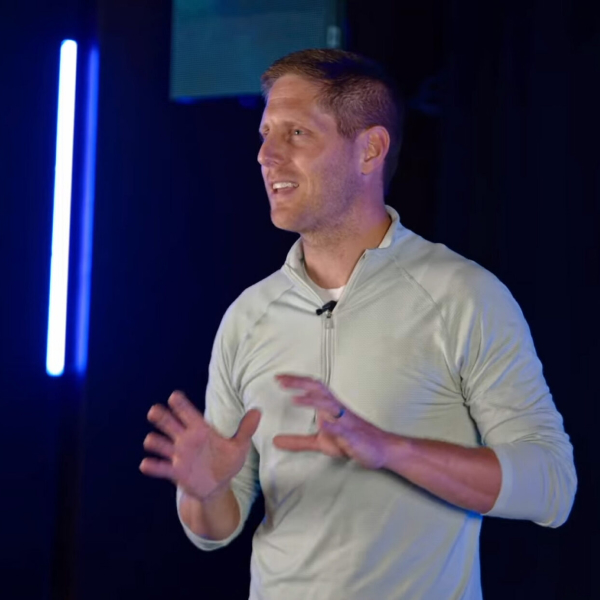Elite athletes used to view sports psychologists as ‘problem fixers.’ They were only there to help the ‘weak’ athletes get out of a jam or a funk. The stereotype was that if an athlete is truly ‘great,’ he or she shouldn’t need any help from a sports psychologist. Thus, for many years, sports psychologists were viewed negatively.

Now, the perspective of elite athletes is much different. It is almost: if you don’t work with a sports psychologist, you are not reaching your potential.
What athletes realize is:
-
Often what is preventing them from reaching higher levels of success is personal mental blocks
-
The thinking that has got them to their current level of success will not get them to the next level of success
-
Being successful in the long term is much more of a mental game than a physical game
-
To perform at a consistent and elite level, they need to be in the right mental form
But, these ideas are not unique to athletes. They also apply to organizations, leaders, teams, and employees.
If we want to reach higher levels of success, it requires that we:
-
Uncover self-beliefs that limit our ability to effectively operate
-
Awaken to our largely nonconscious automated processes that governs and guides much of our thinking, learning, and behavior
-
Improve the paradigms that we operate from to improve the positive value and influence we have on those we serve, work with, and support

But doing this requires the help of a mental success coach.
That is where I come in. I am a mental success coach for organizations, leaders, teams, and employees. I help organizations, leaders, teams, and employees uncover self-limiting beliefs, awaken to their nonconscious automated processes, and improve their paradigms to enhance their success and effectiveness.
But, is a mental success coach really needed in organizations?
Recently, I surveyed over 700 employees at a large organization. Of these 700 employees, 84% of these employees “strongly agreed” that they were putting forth the highest level of effort that they could.
Yet, at the same time, the organization was, to put it mildly, “mediocre.”
How can there be so many employees feeling like they are giving their blood, sweat, and tears, but the overall performance of the organization be mediocre?
The answer is the same for the times when there is a dysfunctional leader and everyone in the office knows that the leader is dysfunctional but the leader.
They think that their thinking is the best way to think.
But, the reality is that our “best thinking” is rarely THE BEST thinking.
Too often, the way organizations, leader, teams, and employees think actually prevents them from having the success that they are seeking.
Let me give you a quick example from a book I am currently reading: Creativity, Inc. by Ed Catmull. Ed is a computer scientist and former president of Pixar and Walt Disney Animation Studios, and the book is about the rise of Pixar and what Pixar did to be so successful under Ed’s leadership.

In the book, Ed discusses how around the time Pixar emerged onto the scene with Toy Story, it had two guiding principles:
-
The story is king
-
Trust the process
While these were principles that all of Pixar rallied around to get Toy Story and A Bug’s Life to be successful, they also were almost Pixar’s demise as they worked on Toy Story 2.
What Ed learned is that the story is not king, people are. And, trusting the process made them inflexible and unable to change and adapt when needed.
In his words, he said: “We ‘trusted the process,’ but the process didn’t save Toy Story 2 either. ‘Trust the Process’ had morphed into ‘Assume that the Process Will Fix Things for Us.’ It gave us solace, which we felt we needed. But it also coaxed us into letting down our guard and, in the end, made us passive. Even worse, it made us sloppy.”
In the end, they changed their priorities away from the two guiding principles above to the following:
-
People are king
-
Trust the people
Moral of the story: How we think matters! It matter to the success of organizations, leaders, teams, and employees.
I have yet to meet an organization, leader, team, or person (including myself) who couldn’t value from identifying how they could think better. But, I have met a lot of organizations, leaders, teams, and people that believe that they can’t think any better and/or are unwilling to find out how they can think better. Admittedly, it is not an easy thing to admit that ‘our best’ is not ‘THE BEST.’
The reality is that if we want different and improved results in the future, it is going to require that we think differently and better than how we think now. As a mental success coach, I want to help you with this. I want to help facilitate this with greater speed and precision than you could ever do otherwise.
The reality is that you will either be forced to change your thinking (because of a continued lack of success) or you can do it proactively. One is ultimately more successful and painful than another.
If you think I can help you, your organization, your leaders, your team, and/or your employees, I would love to work with you.
If you would like to learn more, either send me an email at ryan@ryangottfredson.com or click on the button below:










